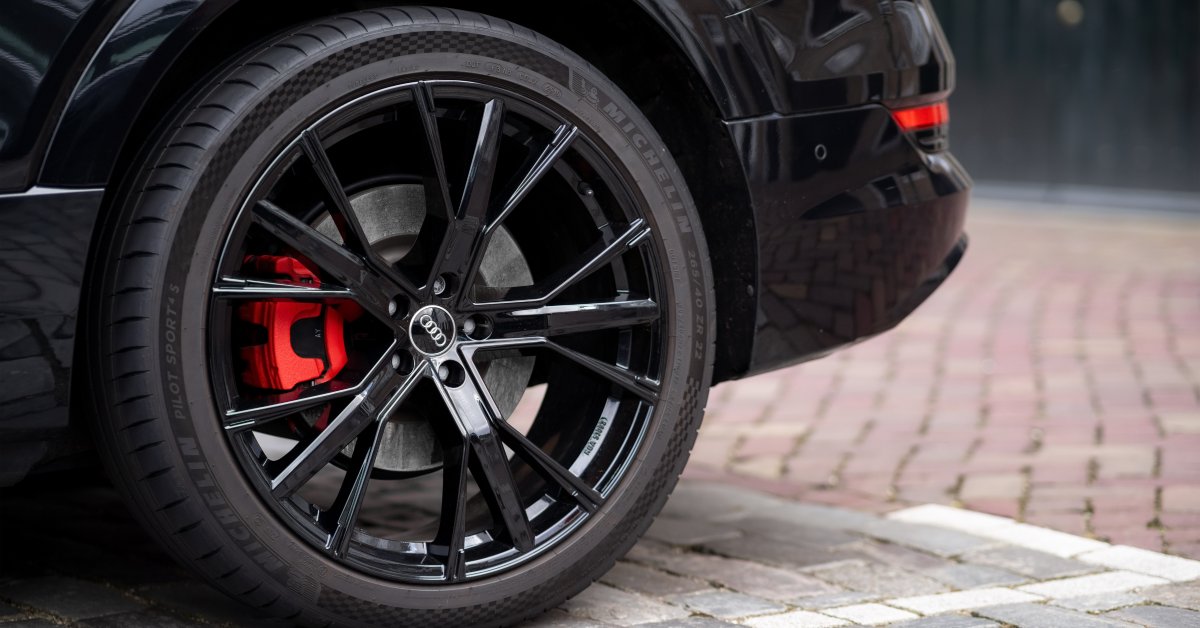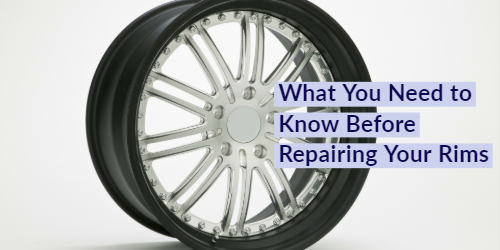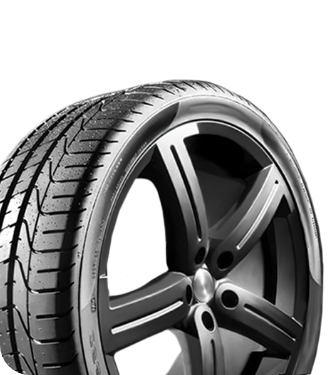

Everything You Need To Know About Alloy Wheels
Wheels |Alloy wheels are a popular upgrade for car enthusiasts. These sleek and stylish additions enhance the aesthetic appeal of your vehicle and offer a range of practical benefits.
If you’re interested in learning about alloy wheels, you’ve come to the right place. Below, we explain everything you need to know about alloy wheels, from how they’re made, to the different types, to their many advantages over conventional wheels.
Alloy Wheels: What They Are and Why They Matter
Alloy wheels are comprised from a compound of aluminum or magnesium, offering a lightweight yet durable alternative to traditional steel wheels. Many drivers prefer alloy wheels for their aesthetic appeal. But beyond their visual allure, alloy wheels provide better heat conduction and more precise steering, making them a favorite among car enthusiasts and professional racers alike.
Alloy wheels are more popular than ever, and for good reason. Their combination of style and functionality makes them an attractive option for anyone looking to personalize their vehicle. With a variety of designs, finishes, and sizes available, alloy wheels offer endless customization options to suit individual tastes and needs.
How Alloy Wheels Are Different Than Standard Steel Rims
To better understand alloy wheels, it’s worth comparing them to their steel rim counterparts. While steel wheels are heavier and can be more durable, alloy wheels offer the advantage of being lighter and less susceptible to rust. This makes them an ideal choice for improving fuel efficiency and enhancing the handling dynamics of a car.
Types of Alloy Wheels, From Design to Material
Alloy wheels come in various types, each offering distinct advantages for drivers with specific preferences.

One-Piece Cast Wheel
One of the most popular alloy wheel types is the one-piece cast wheel. Manufacturers make this wheel by pouring molten metal into a mold, allowing for intricate designs and finishes. They are both affordable and versatile, making them a common choice among car owners.
Forged Wheel
Manufacturers craft forged alloy wheels by pressing and shaping a single piece of aluminum, resulting in a wheel that is exceptionally strong and lightweight. Forged wheels are more expensive but offer superior performance, making them a preferred option for racing enthusiasts and those seeking premium quality.
Finishes for Alloy Wheels
When considering alloy wheels, it’s important to also understand the different finishes available. You can find polished, painted, and machined finishes, each providing a unique look.
Polished wheels offer a shiny and reflective surface that catches the eye, while painted wheels allow for a splash of color to match your car’s aesthetic. Machined finishes add a textured look, creating an eye-catching contrast that can enhance the overall appeal of your vehicle.
Why You Should Upgrade to Alloy Wheels
We’ve covered practically everything you need to know about alloy wheels, but why are they the better choice than conventional steel rims?
Greater Acceleration, Braking, and Handling
One of the key advantages of alloy wheels is their lighter weight, which contributes to better acceleration, braking, and handling. By reducing the overall mass of the vehicle, alloy wheels allow for quicker acceleration when you press the gas pedal, giving you that thrilling rush of speed.
Their lightweight nature improves braking efficiency, as the vehicle requires less force to stop. This results in a more responsive driving experience, making alloy wheels particularly appealing to those who enjoy spirited driving. The handling capabilities enhance the overall safety of the vehicle, providing drivers with greater confidence behind the wheel.
Better Heat Dissipation
Alloy wheels feature superior heat dissipation properties compared to traditional steel wheels. This characteristic can lead to longer brake life and improved braking performance—especially beneficial for drivers navigating hilly terrains or demanding driving conditions like racing or off-roading.
When you apply the brakes, heat builds up in the brakes, but alloy wheels help dissipate this heat more effectively, reducing the risk of brake fade and maintaining optimal performance. This is important for those who drive in locations with steep inclines or declines where excessive braking is necessary.
Aesthetic Customization
Beyond performance, another reason that many drivers prefer alloy wheels is they offer the opportunity for personalization. With a wide variety of designs, finishes, and colors available, you can customize your wheels to reflect your unique style and preferences.
Whether you prefer a classic, understated appearance that complements your vehicle’s lines or a bold, eye-catching design that makes a statement on the road, there’s an alloy wheel option to match your taste. Moreover, many manufacturers offer customization options like spoke patterns and finishes, such as matte, gloss, or even chrome.
Factors To Consider When Choosing Alloy Wheels for Your Vehicle
If you’ve decided alloy wheels are the best option for your vehicle, great! There are a few things to consider when selecting alloy wheels:

Size of the Wheels
First, car owners must account for the size of their wheels. Larger wheels may offer a more aggressive appearance, but they can also impact ride comfort and handling. Find the right balance that suits your driving preferences and vehicle specifications.
Bolt Pattern and Offset of the Wheels
Compatibility of your new alloy wheels with your vehicle’s existing setup is vital to ensure proper fitment and avoid any issues with clearance or performance. Consulting with a professional or using an online fitment guide can help ensure you choose wheels with a bolt pattern and offset that are compatible with your car.
Alloy Wheel Material
The material used in the construction of the wheels should also be a factor in your decision. While aluminum alloy is the most common choice due to its balance of weight and strength, some may prefer magnesium alloy for its even lighter weight.
However, magnesium wheels are less common and typically more expensive. Weigh the pros and cons of each option to find alloy wheels that suit your vehicle and driving preferences.
Maintenance Tips
You can keep your new alloy wheels in great shape for years to come with proactive and thorough maintenance.
Importance of Regular Cleaning
Like anything on your car, keeping alloy wheels clean is crucial to their integrity. Regular cleaning prevents the buildup of dust, grime, and other contaminants that dull the finish and cause corrosion. Use a gentle cleaner and a soft brush to clean the wheels, avoiding harsh chemicals that could damage the finish.
Regular Inspections for Damage
Drivers must inspect their vehicle’s alloy rims frequently to spot notable signs of damage before they grow worse and compromise the integrity of the wheel. Look for any cracks, dents, or corrosion, especially after hitting a pothole or curb.
Protecting Against Environmental Factors
Drivers must also consider the environment of their vehicle and consider how to best protect their wheels from environmental damage. Applying a high-quality wheel wax or sealant can provide a protective barrier against road salt, water, and UV rays. This protection preserves the finish and prolongs the life of your alloy wheels.
Find Alloy Wheels and More at RNR Tire Express
We hope you’ve learned something valuable from our review of alloy wheels, their advantages, and how to care for them. If you’re interested in upgrading to alloy wheels for your vehicle, stop by our tire shop in Lubbock or one of our many other wheel and tire shops nationwide.
Our tire and wheel experts will help you find the ideal alloy wheels for your vehicle that match your practical needs and aesthetic preferences. Schedule an appointment and get your alloy wheels today!





